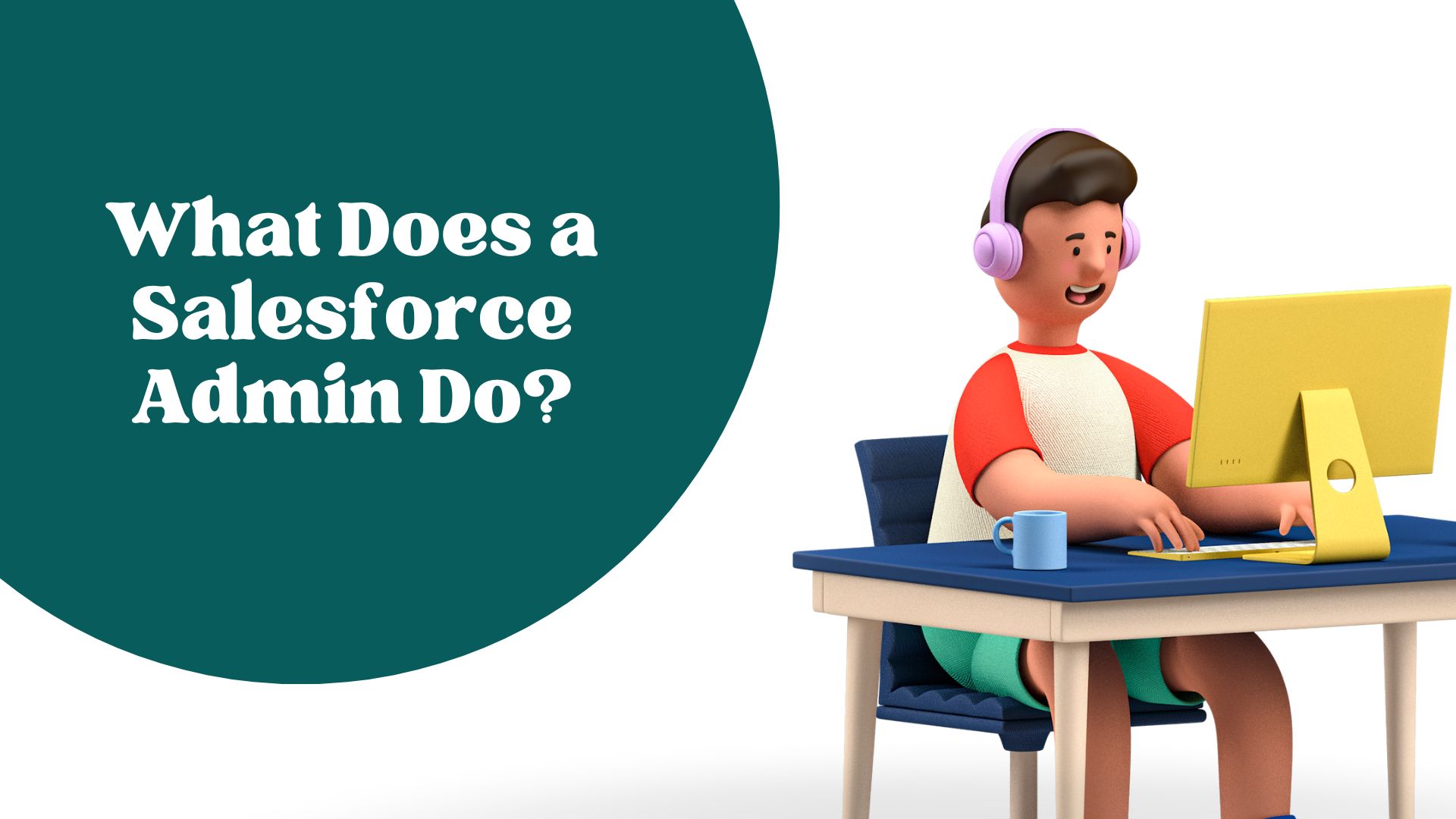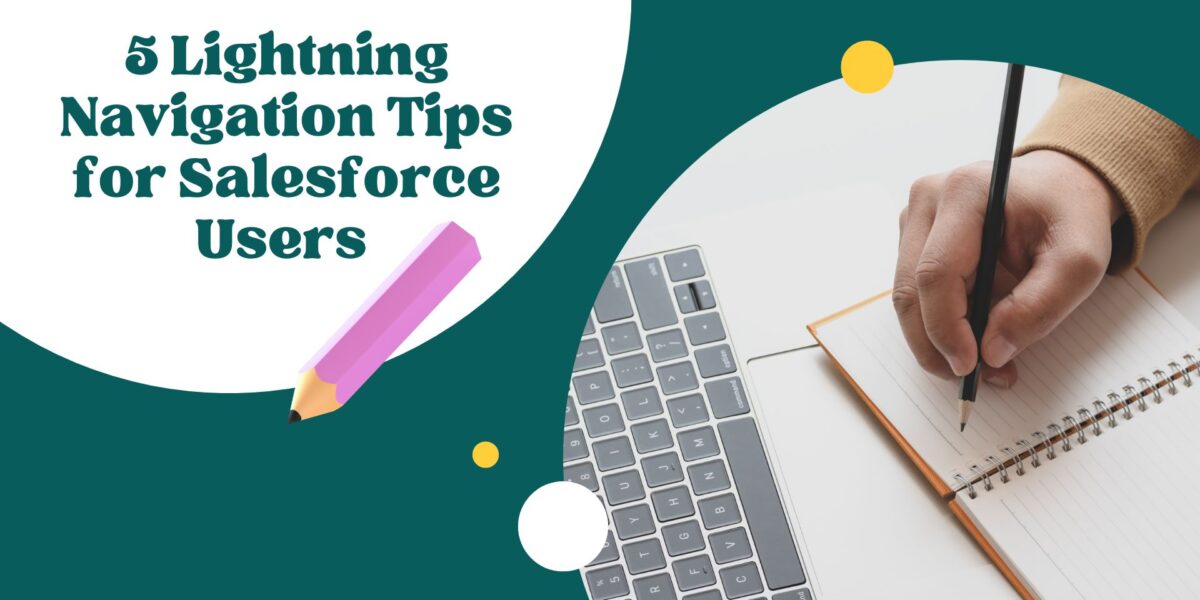Salesforce Admins customize Salesforce using declarative (point-and-click) configuration, maintain a healthy Salesforce org, support the needs of users, and in turn, optimize business operations.
There’s no doubt that Salesforce Admins are deserving of their compensation – they carry out a core function that enables organizations to get more out of their Salesforce investment. The responsibilities of a Salesforce Admin are broader than system administrators in other industries, ranging from typical configuration-based tasks, to work that requires a level of business acumen (such as business analysis and sales operations).
What does a Salesforce Admin do? Let’s start by outlining what we mean by ‘entry-level’, ‘mid-level’, and ‘senior’ Admins:
Entry-level Admin: 0 – 2 years experience (possibly up to 3 years). Maintaining the Salesforce org on a day-to-day basis, acting as the first line of support for users.
Mid-level: 2 – 5 years experience. Maintaining a fairly complex Salesforce org (more users, a more complex sharing model, integrations, and/or using less common features), customizing Salesforce using best practices.
Senior Admin: 5+ years experience. Maintaining a complex Salesforce org, managing a team, or working with external parties carrying out a number of releases per year. Have stakeholder management skills, responsible for governance.
What Entry-level Salesforce Admins do?
As a junior Salesforce Admin, you’ll help continually improve and enhance your organization’s Salesforce platform, usually guided by experienced Salesforce Admins in our IT team. Tasks could include:
- User and license management including new user setup/deactivation, roles, profiles, permissions, public groups,
- Acting as the first line of support for users, managing incoming support tickets,
- Carry out some requirements gathering from users and stakeholders,
- Salesforce configuration changes, including (but not limited to): simple Flows (or Workflow, Process Builder), fields, page layouts, record types, custom settings, dashboards, and reports,
- Monitor user adoption,
- Creating training materials, and carrying out user training.
- Entry-level Admins usually work with Sales Cloud, and generally won’t have detailed knowledge around project management or requirements gathering.
To become a Salesforce Admin, you should:
- Have experience in administering other systems, have completed Trailhead badges, or you are an ‘accidental Admin’ in your organization, with a motivation to learn and a keen eye for spotting efficiencies!
- Learn feature terminology.
- Begin to seek out answers from online help resources (know what you don’t know, and what to search for!
“Why is knowing how to search for answers important?
As you learn more about how to configure the Salesforce platform, you will rely on what you know about the organization you’re working for combined with how best to customize Salesforce. There are right ways to achieve requirements with Salesforce – and likely ten times more wrong ways that will cause issues down the line!”
Progress to a Mid-level Salesforce Admin
With between 2–5 years of experience, you will be considered a mid-level Admin – more experienced than a junior Admin, but not a senior Admin yet.
Admins find they have Mid-level Admin responsibilities even after 1 year, depending on the organization and the individual’s progression.
Mid-level Admins have additional technical experience, but beyond this, will also have the ability to analyze, design, and optimize processes, increasing user adoption and driving best practice.
Mid-level Admins typically maintain a fairly complex Salesforce org (either with more users, a more complex sharing model, integrations and/or using less common features). Tasks could include:
- Usually working with Sales Cloud or a suite of clouds (Sales + Service Cloud, etc.), which could result in having a specialism eg. CPQ,
- Maintaining and customizing the Salesforce org using best practices. Full understanding of options, such as automation, record types vs. page layouts,
- Utilize more advanced automation (Salesforce Flow),
- Working with integrated applications (e.g. DocuSign, Conga, Survey Gizmo, Mailchimp etc.)
- Monitor and proactively improve user adoption,
- Generally won’t have exposure to programmatic customization (code), however, will be able to write specs for developers,
- Exposure to requirements gathering, understand business processes,
- Generally will have an understanding of project management,
- Self-sufficient, know where to find help online – you will know what you don’t know (ie. the terminology to find and decipher answers).
To progress from a junior Admin to a mid-level role, you should master the following:
- Get comfortable with Salesforce best practices, with a full understanding of the options and their trade-offs when maintaining and customizing Salesforce, such as Process Builder vs. Flow, record types vs. page layouts.
- Understand and have experience with Salesforce integrations and their implications.
- Become self-sufficient in troubleshooting and finding answers online.
What if you are working for an end-user organization that doesn’t have any integrated applications? Here are some alternative ways you can develop your skills, and progress your career:
- Dive into project management, to hone this skill.
- Same goes for business analysis.
What Senior Salesforce Admins do:
A Senior Salesforce Admin has at least 5+ years of Salesforce Administration experience.
Senior Admins take ownership of all requests for their organization. This involves being comfortable with change management and governance, as well as communicating, prioritizing, and managing all aspects of a Salesforce project. In most organizations, you will have the opportunity to manage a team of Admins (or build one).
It’s likely you’ll be expected to work with the Salesforce Admin and other stakeholders around the business. Responsibilities and tasks could include:
- Maintaining a complex Salesforce org (that uses multiple Salesforce products on the Salesforce platform, multiple integrations, with 300+ typical users or 100+ heavy users*),
- Work at larger Enterprise companies in a product owner position,
- Will have fully-fledged knowledge of Salesforce best practices, understand the architecture of Salesforce and how it integrates with other systems,
- Managing a team or working with external parties to oversee the development of the Salesforce org, and carrying out a number of releases per year,
- Proactive system maintenance including Security Reviews, Release Updates, Health Check, and Optimizer,
- DevOps/release management experience,
- Create a platform roadmap and define priorities,
- Have stakeholder management skills, responsible for governance (and usually a steering committee),
- Have mastered requirements gathering, full understanding of business processes.
To become a Senior Salesforce Admin, you should:
- Understand solution design and its considerations, including concepts in the Salesforce architect domain.
- Seek to understand the needs and motivations of different stakeholders around the business (sales managers, users, marketers) to improve your requirements gathering skills and be recognized as a driver of transformation.
- Start mentoring, prove you can lead a team.
Via: C2N IT CoE




